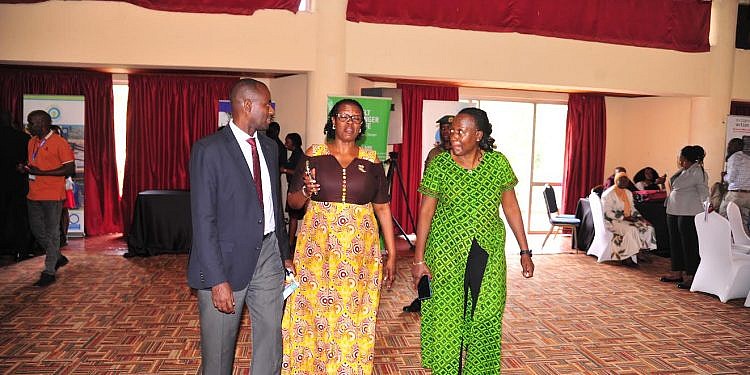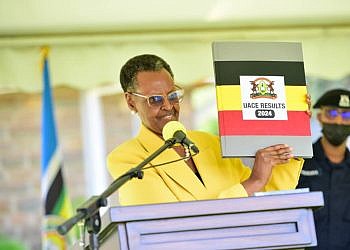Civil society organisations (CSOs) have raised concerns that Uganda is far from meeting its targets for access to clean water and improved sanitation, despite efforts by both government and stakeholders.
Speaking at the 14th annual Civil Society Organisations WASH (Water, Sanitation, and Hygiene) Forum, held under the theme “WASH: The Cornerstone for Achieving the NDP IV Objectives,” Yunia Musaazi, Executive Director of the Uganda Water and Sanitation NGO Network (UWASNET), emphasized the need for increased action.
Musaazi explained that while some progress has been made, the country still lags significantly behind in ensuring universal access to safe water and sanitation, goals initially set in the first National Development Plan (NDP I).
“Currently, Uganda is at approximately 70% access to clean water, which means that out of every 10 households, three still lack safe water. Moreover, over 10 million Ugandans do not have access to basic sanitation facilities,” Musaazi revealed.
Government Admits Ongoing Challenges
State Minister for Primary Healthcare, Margaret Muhanga, acknowledged the government’s progress but admitted that significant challenges persist. Citing data from the 2022 Uganda Demographic and Health Survey, she highlighted that 78% of rural households and 89% of urban households have access to an improved water source, but issues like open defecation and inadequate handwashing facilities continue to undermine efforts.
“About 8% of the population still practices open defecation, and 51% of households lack adequate handwashing facilities. At the institutional level, 17% of healthcare facilities have no access to safe water, and 81% of these facilities face limited sanitation services,” Muhanga said.
She also raised concerns about the impact of poor menstrual hygiene management on young girls’ education, as well as the pressure that climate change is placing on Uganda’s already strained water resources.
Musaazi pointed out that inadequate financing is one of the key obstacles preventing the successful implementation of clean water and sanitation programs in Uganda.
“Our assessments show that to provide every Ugandan with access to clean water and sanitation, we need seven to nine times the current level of funding,” Musaazi explained.
She also cited a lack of capacity at the district level, where local governments struggle to monitor and enforce water and sanitation policies. This gap, according to Musaazi, hinders the ability to ensure that every household has access to essential facilities like toilets.
Additionally, the lack of coordination among CSOs is slowing progress. Musaazi noted that many organisations are reluctant to share annual reports, making it difficult to track project outcomes and identify areas for improvement.
Despite these challenges, Musaazi acknowledged that a multisectoral steering committee, chaired by the Ministry of Health, has been established.
The committee meets quarterly to bring together stakeholders from various ministries and civil society to develop strategies to address WASH challenges.
Minister Muhanga stressed that government and civil society efforts alone are insufficient to overcome the country’s WASH challenges.
“The complexity of the challenges we face, from population growth to climate change, demands a multisectoral approach. Stronger collaboration between government, civil society, the private sector, media, and development partners is essential,” Muhanga said.







































